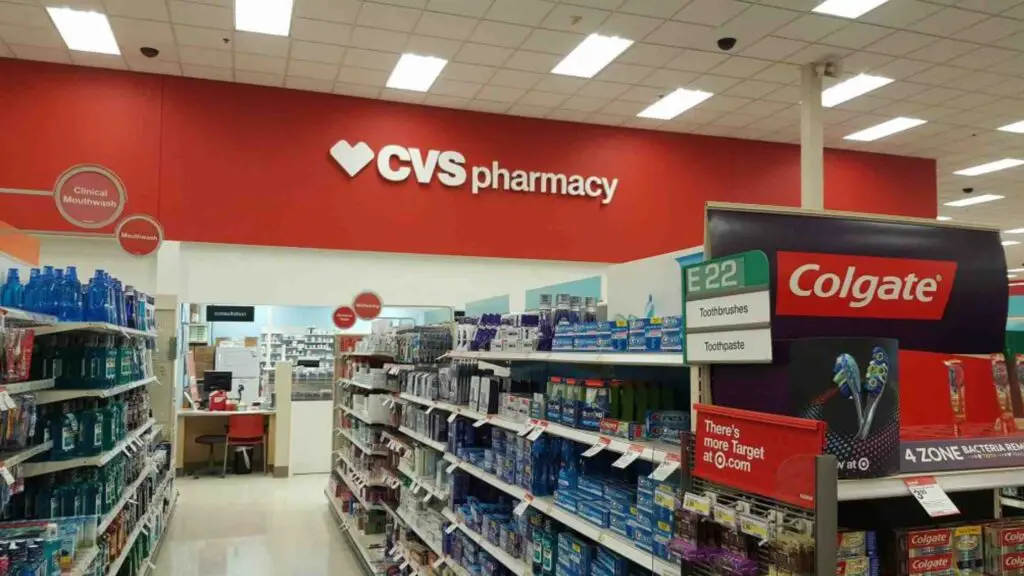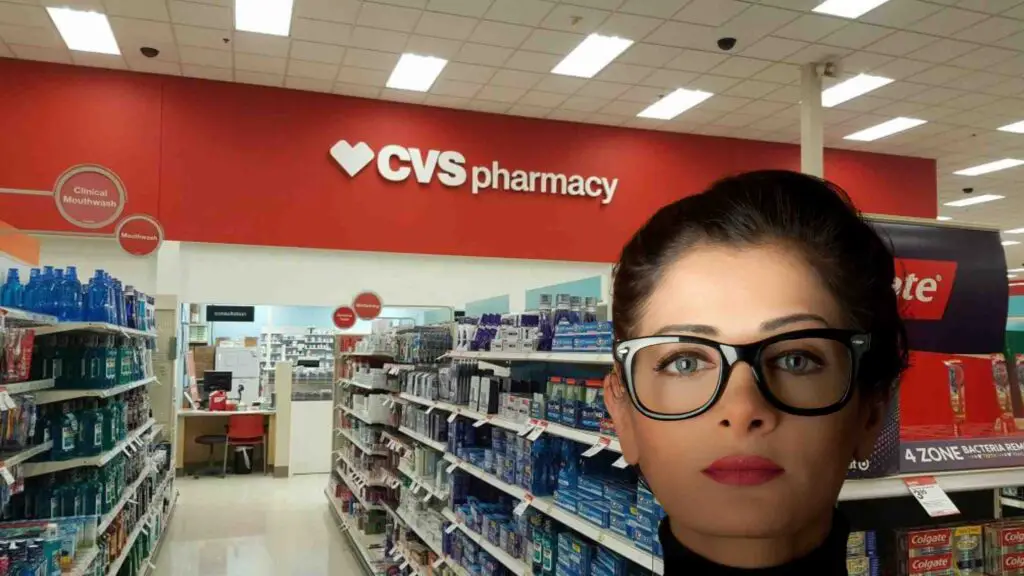Target made a significant strategic choice in 2015 by selling its pharmacy business to CVS Health for $1.9 billion. This decision was driven by the desire to refocus on core retail operations and streamline resources. It has shaped the future of both companies. Read on to learn more about the businesses. Does Target own CVS?
DiscontinuedNews is impartial and independent, and every day, we create distinctive, world-class programs, news, and content that inform, educate and entertain millions of people worldwide.
Why Target Sold Its Pharmacy Business to CVS?

Target sold its pharmacy and clinic businesses to CVS Health in 2015, led by CEO Brian Cornell. This $1.9 billion transaction was a critical step. It enabled Target to shift its focus to its core retail expertise. It includes clothing, household items, and groceries. Prior to the deal, Target operated 1,672 pharmacies and 79 clinics. Yet, the growing competitive pharmacy sector created significant operational issues and financial strains.
Managing a pharmacy requires a deep understanding of healthcare regulations, prescription management, and patient care. In all these areas, CVS excels. By selling to CVS, Target was able to give up these difficulties. It planned to let an expert oversee the pharmacy operations at its stores. Target was able to sustain pharmacy services for its clients as a result of this partnership due to CVS’s expertise. The sale also resulted in significant financial gains for Target. It includes a pre-tax gain of $575 million to $775 million. This helped the company’s overall retail efforts and store upgrades.
Strategic Benefits of the Sale:
Target had substantial financial benefits from the sale. The economic gain allowed Target to spend in vital areas. It includes store renovations, product design, and marketing. Target focused on improving its retail experience after exiting the pharmacy industry. It led to higher customer satisfaction and loyalty in non-pharmacy areas.
By adding Target’s pharmacies to its CVS/pharmacy and MinuteClinic formats, CVS was able to grow its reach by roughly 20%. This growth raised CVS’s market footprint. It also supported the company’s strategic shift toward being a more integrated healthcare provider. CVS used this acquisition to expand its service offerings. It incorporated Target’s pharmacy facilities into its more extensive healthcare network. It offered new services such as specialty pharmacy programs and chronic disease management.
Long-Term Implications:
As of 2024, Target and CVS’ partnership has evolved with recent changes. It is reflecting broader trends in the industry. CVS has begun closing some of its pharmacies within Target stores. It is done as part of a cost-cutting effort and to respond to changing customer tastes. This measure is part of CVS’s efforts to improve operations by focusing on more profitable healthcare services. These closures provide issues for Target. It includes a decrease in customer convenience and foot traffic. Despite the reduction in in-store pharmacy services, Target continues to invest in its core retail operations.
Finally, Target’s choice to sell its pharmacy business to CVS was an intelligent move. It benefited both companies. Target no longer owns the pharmacy (CVS) operations. However, the partnership allowed both firms to profit from their advantages—Target in retail and CVS in health care. Thus, they could both keep evolving and prospering in a competitive sector.
